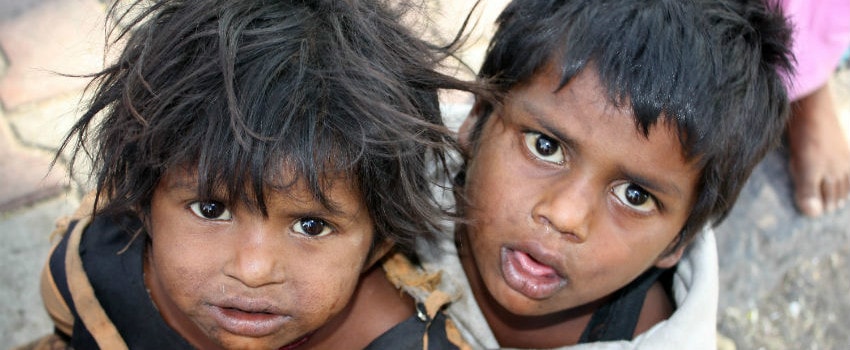
Concern Worldwide, the international aid agency has launched an East African Crisis Appeal and is looking to raise €25 Million. The money will be used to deliver emergency support for 1.8 million people in the region that urgently require food assistance as a result of drought and conflict across what is an incredibly fragile region. The aid agency has sent in Emergency Response Teams to deal with humanitarian situation that is worsening by the day in Ethiopia, Kenya, Somalia and South Sudan.
20 million people affected
There are more than 20 million people who require immediate assistance in the form of food, water and shelter. In some parts of South Sudan, famine has already been declared affecting 4.9 million people or 40 per cent of the country’s entire population. These people urgently require food assistance with 100,000 people already at risk of starvation. Conflict as a result of ethnic tension combined with drought has made the problem even more acute. Staff from Concern that are there on the ground are reporting harrowing accounts of families who are fleeing the violence.
Starvation across the continent
Somalia is in a very similar situation with conflict and drought combining to produce famine-like conditions with 6.2 million people or 50 per cent of the country’s population in urgent requirement of food assistance. It is estimated that 363,000 children in Somalia under the age of five is acutely malnourished. In Kenya 2.7 million people face food insecurity whilst in Ethiopia 5.6 million people will require food assistance as a result of the rains failing to arrive.
Concern delivering aid
Concern is delivering a wide variety of services ranging from food, water, nutrition, shelter, sanitation and cash to all countries affected by the crisis. But it urgently requires €25 Million to reach nearly 1.8 million people before the crisis escalates further. Feargal O’Connell who was the most recent country director for South Sudan says that hunger levels across East Africa has reached critical levels. It is predicted that malnutrition rates will climb further with a number of states experiencing extreme shortages of food. Mr. O’Connell says this is a humanitarian crisis that has reached breaking point.





